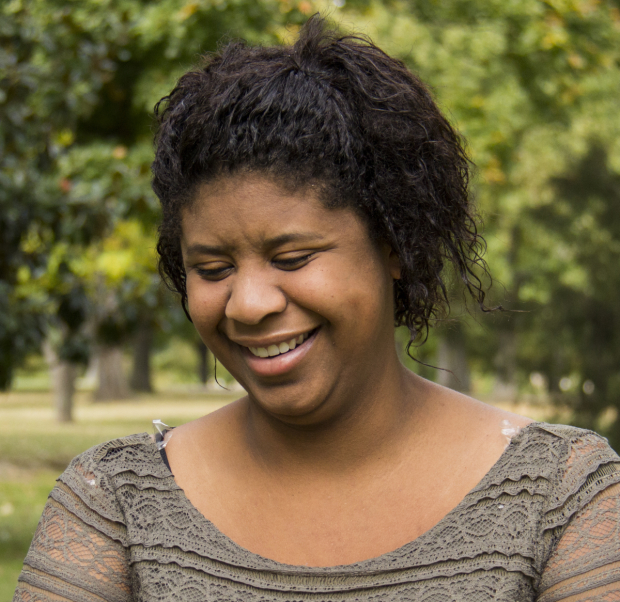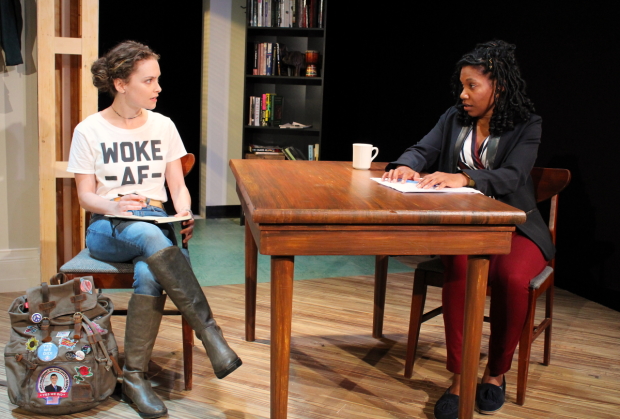First Person: Staging Trauma: How Listening Works Within Well-Intentioned White People

(© J. Spurgers)
On election night, I was so sure Hillary Clinton was going to win the presidential race, I wasn't watching the numbers. I was watching the Senate race. I was sure 2016 was the year we'd be able to flip the Senate blue. I got a text from a friend that said, "I can't believe this." I switched to the presidential count.
And watched as Donald Trump, the punch-line reality TV star of my generation, won.
I texted my employer that night and asked if I could have the day off because I wanted to "mourn all the rights I was about to lose." I was kidding, trying to make a light-hearted joke in the face of true crisis. I was surprised by her response: "Sure. I think a lot of people will do the same thing."
Two days later, a (white) friend of mine was raging on Facebook. According to her, Donald Trump won the presidency because of all the "Bernie Bros" and the Green Party voters. I commented on her status saying that while I voted by Hillary, it wasn't an easy choice and it was a hard choice for a lot of people, especially black men who still remembered when she called them "superpredators." I couldn't judge them for not being able to let that go.
And that infuriated my friend. I wish I had a screenshot of this conversation, but maybe it's for the best that I didn't keep the "receipts." Her argument was that I didn't understand what it meant to be a person of color in this country and that I was blinded by my "overwhelming" privilege.
I am a queer, Afro-Latinx woman-identifying person living in a country where, according to the current president, I'm the enemy. My family, who could get deported even though they're legal citizens now, are apparently all "rapists and bad hombres." My privilege wasn't blinding me; I just chose to have empathy in the face of crisis.
Two days later, my friend apologized. She told me she was blinded by her rage. That night, I wrote Well-Intentioned White People because I needed an answer to a question that had been on my mind a lot: Who gets to show their rage and who has to be immediately empathetic? What would my rage have looked like and why did it never surface?

(© Jennifer Graessle)
From there, the play evolved. Working with Barrington Stage Company, the ending has changed five times. While I knew I wanted to write a play about how black women are forced to experience rage, I had no idea what I wanted the takeaway to be. Now that I had people listening, what did I want to say?
Fun fact: When your adrenaline spikes, it's harder to listen. When your body clicks into fight-or-flight mode, two of the physiological responses are tunnel vision and loss of hearing.
Once I learned that, I had finally figured out what I needed this play to say. We're not listening to each other. We're ready for a fight; each one of us ready to take down the oppressor. But we haven't checked in with each other. In the play, Cass, the protagonist, experiences trauma. She's lost her ability to hear because she's in fight-or-flight. The other characters, however, are simply choosing not to listen. I wanted to dramatically explore the difference.
By the end of the play, I hope we learn how to better listen to each other. And when we're not, I hope we get better at recognizing why.










